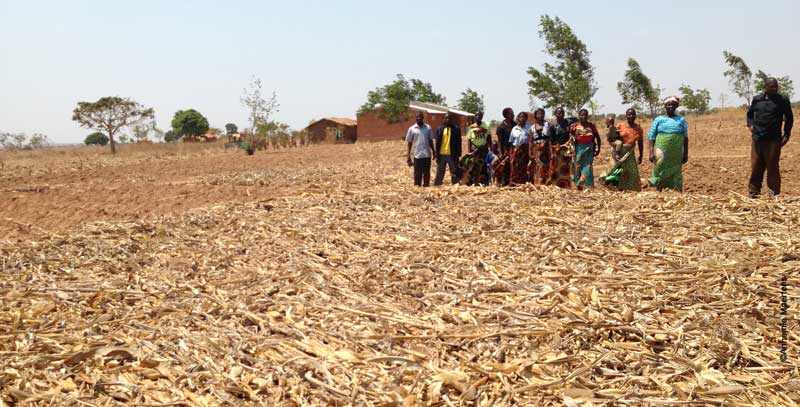 Speaker: Annemie Maertens, development economist and senior lecturer at the Department of Economics at the University of Sussex
Speaker: Annemie Maertens, development economist and senior lecturer at the Department of Economics at the University of Sussex
Chair: Birte Snilstveit, Senior Manager, Synthesis and Reviews & Head of 3ie London Office
Discussant: Mark Engelbert, Evaluation Specialist, 3ie's Systematic Reviews Office
Time: 12:30 -14:00 GMT
Venue: Rose Room, London School of Hygiene and Tropical Medicine, Keppel Street, London, WC1E 7HT
Annemie Maertens presented the results of a public goods game with farmer clubs in Malawi to determine the socio-political conditions that increase cooperation. This paper explores the conditions in which community-driven development programmes are most likely to succeed in assisting smallholder farmers.
By experimentally varying the degree of democracy in the farmer clubs, while continuing to measure the strength of social ties, the team found out whether democratically run clubs contribute more than clubs with leader driven decision-making, using a public goods game with farmer clubs, a household survey and qualitative data from focus group interviews.
3ie partially funded this paper as part of an ongoing grant under our Agricultural Innovations Evidence Programme.
About the speaker
Annemie Maertens is a development economist and senior lecturer at the Department of Economics at the University of Sussex. She obtained her PhD from Cornell University in 2010. Before embarking on a career as an economist, she was an agricultural engineer, with an interest in tropical agricultural systems. She uses the tools of social and behavioural economics to understand poverty dynamics in rural settings in Asia and Sub-Saharan Africa, focusing on agricultural technology adoption, agricultural markets and investment in education.